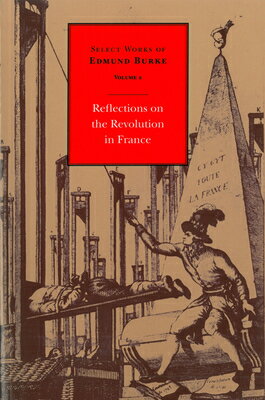

The account, being in the epistolary tradition, often takes the form of spontaneous effusions and uses an informal tone however, what Burke offers here is his opinion on the revolution in France based on his opinion of what constitutes the best-working society available to humankind. Throughout the letter, Burke offers his summary on the actions taken by the French Assembly however, he frequently reminds the reader that his knowledge of France is limited, and his accounts are often not of a firsthand nature. He directs his response to the addressee (Depont), but it is clear that Burke’s audience is more than just Depont.

Richard Price to the dinner of the ‘Revolution Society’, an association of dissenting ministers meeting annually to celebrate the Revolution of 1688.Burke’s reply to Depont is in the epistolary tradition.

This was the address (Burke provocatively calls it a ‘sermon’) given by Rev. However, although Burke presents Depont’s letter as the occasion for writing Reflections, it would be naïve to see it only in this way, or indeed, addressed only to the French.Ĭoincidently, on 4 November, the date of Depont’s first letter, another event contributed decisively to the nature of Reflections, shaping its opening passages and rendering the English its real target audience (as Burke would put it in a letter: ‘my Object was not France, in the first instance, but this Country’ ). The opening of Reflections refers both to Depont’s second letter pressing Burke for a reply and to the withheld letter, which had finally been sent. Burke’s initial reply, expressing grave misgivings about the Revolution, had been withheld, lest it compromise Depont, in favour of a brief noncommittal response, now lost. Charles-Jean-Francois Depont, a young French acquaintance, had written asking Burke for assurance that the French were, ‘worthy to be free, could distinguish between liberty and licence, and between legitimate government and despotic power’ (C, VI: 32). The epistolary device – widely used by Burke – had a basis in fact.

It purports to be a letter explaining, to a Frenchman, the author’s views on the Revolution and distinguishing between what we would today call the political cultures of Britain and of revolutionary France. It has often since been held to define and shape the conservative alternative to revolutionary principles. Reflections on the Revolution in France was by far the most famous literary response to that liminal event of political modernity.


 0 kommentar(er)
0 kommentar(er)
